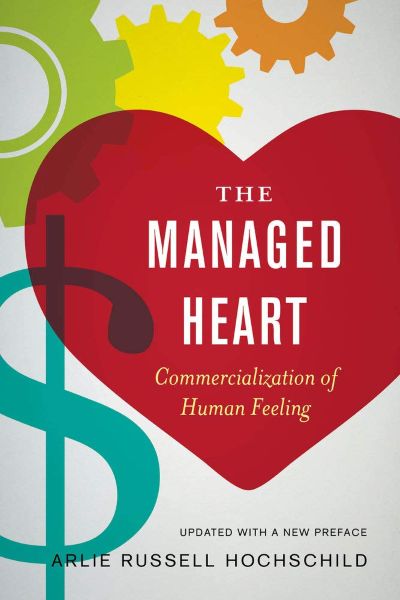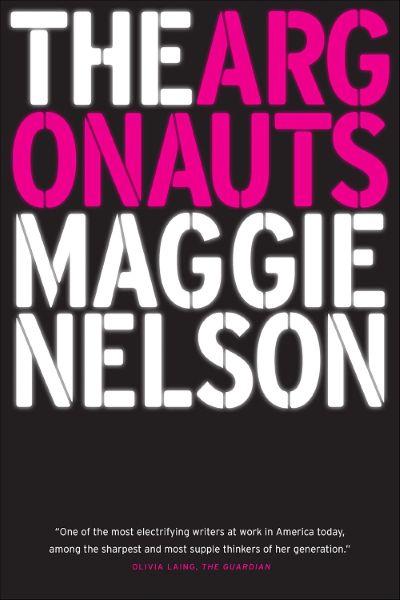The Managed Heart: Commercialization of Human Feeling
This groundbreaking book introduces the concept of 'emotional labor' through an examination of how service workers, particularly flight attendants, are required to manage their emotions as part of their job. Hochschild explores how capitalism commercializes human feelings and the gendered implications of emotional work in the modern economy.

📝 Book Review
Arlie Russell Hochschild’s The Managed Heart: Commercialization of Human Feeling (1983) is a seminal work that introduced the concept of “emotional labor” to academic and popular discourse. Through her ethnographic study of Delta Airlines flight attendants and bill collectors, Hochschild reveals how modern capitalism has colonized not just our physical labor, but our emotional lives as well.
The Concept of Emotional Labor
Hochschild defines emotional labor as the management of feelings to create a publicly observable facial and bodily display. This form of labor involves:
- Surface Acting: Changing one’s outward expression without changing inner feelings
- Deep Acting: Actually changing one’s inner feelings to match the required display
- Feeling Rules: Social guidelines that dictate what emotions are appropriate in specific contexts
The concept emerged from Hochschild’s observation that service workers, particularly women, are required to produce specific emotional states as part of their job requirements.
The Flight Attendant Study
Central to the book is Hochschild’s detailed ethnography of Delta Airlines flight attendants, predominantly women who were trained to:
- Maintain constant friendliness and charm regardless of passenger behavior
- Suppress frustration, anger, or fatigue
- Embody the company’s brand through their emotional presentation
- Transform genuine care into a commercial commodity
Through interviews and observation, Hochschild documented how this emotional management affected workers’ sense of self and authentic feeling.
Gender and Emotional Labor
Hochschild’s analysis reveals the deeply gendered nature of emotional work:
Women’s Emotional Labor: Expected to be nurturing, accommodating, and pleasant
- Flight attendants, nurses, teachers, customer service representatives
- Often invisible and undervalued despite being essential to service industries
Men’s Emotional Labor: More likely to involve authority and intimidation
- Bill collectors, bouncers, police officers
- Generally better compensated and recognized
This gendered division reflects broader societal expectations about women’s “natural” capacity for emotional caretaking.
The Commercialization of Feeling
Hochschild argues that late capitalism has created new forms of alienation by commodifying emotions:
- Emotional Estrangement: Workers become disconnected from their authentic feelings
- False Self: Constant performance creates uncertainty about one’s “real” emotions
- Burnout: The psychological cost of sustained emotional performance
The book demonstrates how companies profit from workers’ emotional capacities while these workers bear the psychological costs.
Methodological Innovation
The Managed Heart pioneered several research approaches:
- Ethnographic immersion in workplace cultures
- Feeling rule analysis to understand emotional norms
- Gender lens applied to labor studies
- Psychological and sociological integration in understanding work
Class and Race Dimensions
While focusing primarily on gender, Hochschild also examines how class and race intersect with emotional labor:
- Working-class women face more intense emotional labor demands
- Women of color often navigate additional emotional complexities
- Professional women experience different but related emotional labor expectations
Resistance and Agency
Despite the constraints of emotional labor, Hochschild documents various forms of worker resistance:
- Emotional deviance: Deliberately breaking feeling rules
- Collective action: Union organizing around emotional labor conditions
- Boundary management: Creating private spaces for authentic emotion
- Ironic distance: Maintaining psychological separation from performance
Impact on Feminist Theory
The book’s contributions to feminist scholarship include:
- Expanding labor analysis beyond physical and intellectual work
- Revealing invisible women’s work in the service economy
- Connecting personal experience to structural economic analysis
- Theorizing emotion as a site of both oppression and resistance
Contemporary Relevance
Nearly four decades later, Hochschild’s analysis proves increasingly relevant:
- Gig economy workers face intensified emotional labor demands
- Social media extends emotional performance into private life
- Care work crisis highlights the undervaluation of emotional labor
- Workplace wellness programs often demand emotional conformity
Critiques and Limitations
Scholars have noted several limitations:
- Limited attention to race and class intersections
- Focus on heteronormative family structures
- Potential essentializing of women’s emotional capacities
- Insufficient attention to workers who find fulfillment in emotional labor
Legacy and Influence
The Managed Heart has influenced numerous fields:
- Organizational psychology: Recognition of emotional labor in workplace studies
- Gender studies: Understanding of gendered work expectations
- Service sector research: Analysis of customer service demands
- Labor activism: Organizing around emotional labor conditions
Subsequent Developments
Hochschild’s later work has expanded on these themes:
- Care chains and global emotional labor
- Work-family balance and emotional expectations
- Political emotions and their management
- The commercialization of intimate life
Conclusion
The Managed Heart fundamentally changed how we understand work, gender, and capitalism. By naming and analyzing emotional labor, Hochschild made visible a form of work that disproportionately burdens women while serving corporate interests. Her analysis reveals how capitalism penetrates the most intimate aspects of human experience, transforming feelings into commodities.
The book’s enduring relevance speaks to the continuing expansion of emotional labor demands in contemporary society. As service work becomes increasingly central to global economies, understanding the gendered dynamics of emotional labor remains crucial for both feminist theory and labor organizing.
Hochschild’s work provides essential tools for recognizing, valuing, and potentially transforming the emotional dimensions of work in pursuit of more equitable economic arrangements.
Discussion
读书讨论
分享您对这本书的感想和看法,与其他读者交流见解
加入讨论
分享您对这本书的感想和看法,与其他读者交流见解
加载评论中...
Book Info
Related Topics
🛒 Get This Book
 Buy on Amazon
Buy on Amazon Related Books
读书讨论
分享您对这本书的感想和看法,与其他读者交流见解
加入讨论
分享您对这本书的感想和看法,与其他读者交流见解
加载评论中...

